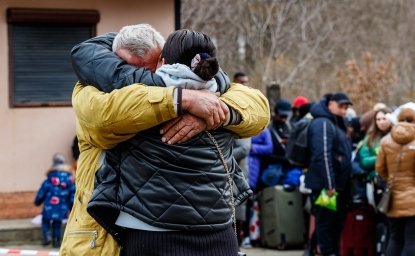[...]
President Otto Perez Molina of Guatemala, a hard-hit cocaine transit country along with neighboring Honduras, made headlines shortly after taking office last year when he proposed legalizing drugs.
"The message has been sent that the hemisphere wants to look at alternative approaches and wants the United States to be part of that discussion," said Cynthia Arnson, director of the Latin American program at the Washington-based Woodrow Wilson International Center for Scholars.
Arnson said Latin American leaders will use the meeting to spur a discussion that can be sustained as countries try to go forward with a new strategy.
"Latin American countries will mostly be looking for ways to diminish the violence and the negative effects on their societies and their economies posed by organized crime and they may increasingly diverge with the United States over what policies to adapt," she said.
While the OAS meeting promises to serve as a forum to begin discussing the legalization of marijuana, talking about harder drugs like cocaine, heroin and methamphetamines may be harder to bring to the table, Arnson said.
"It's one thing to say, 'Let's break the ice on talking about these issues,' and it's another thing to come forward with concrete proposals for dealing with harder drugs that many countries can sign on to, including the United States," she said.President Otto Perez Molina of Guatemala, a hard-hit cocaine transit country along with neighboring Honduras, made headlines shortly after taking office last year when he proposed legalizing drugs.
"The message has been sent that the hemisphere wants to look at alternative approaches and wants the United States to be part of that discussion," said Cynthia Arnson, director of the Latin American program at the Washington-based Woodrow Wilson International Center for Scholars.
Arnson said Latin American leaders will use the meeting to spur a discussion that can be sustained as countries try to go forward with a new strategy.
"Latin American countries will mostly be looking for ways to diminish the violence and the negative effects on their societies and their economies posed by organized crime and they may increasingly diverge with the United States over what policies to adapt," she said.
While the OAS meeting promises to serve as a forum to begin discussing the legalization of marijuana, talking about harder drugs like cocaine, heroin and methamphetamines may be harder to bring to the table, Arnson said.
"It's one thing to say, 'Let's break the ice on talking about these issues,' and it's another thing to come forward with concrete proposals for dealing with harder drugs that many countries can sign on to, including the United States," she said.
To read the full story, click here.





